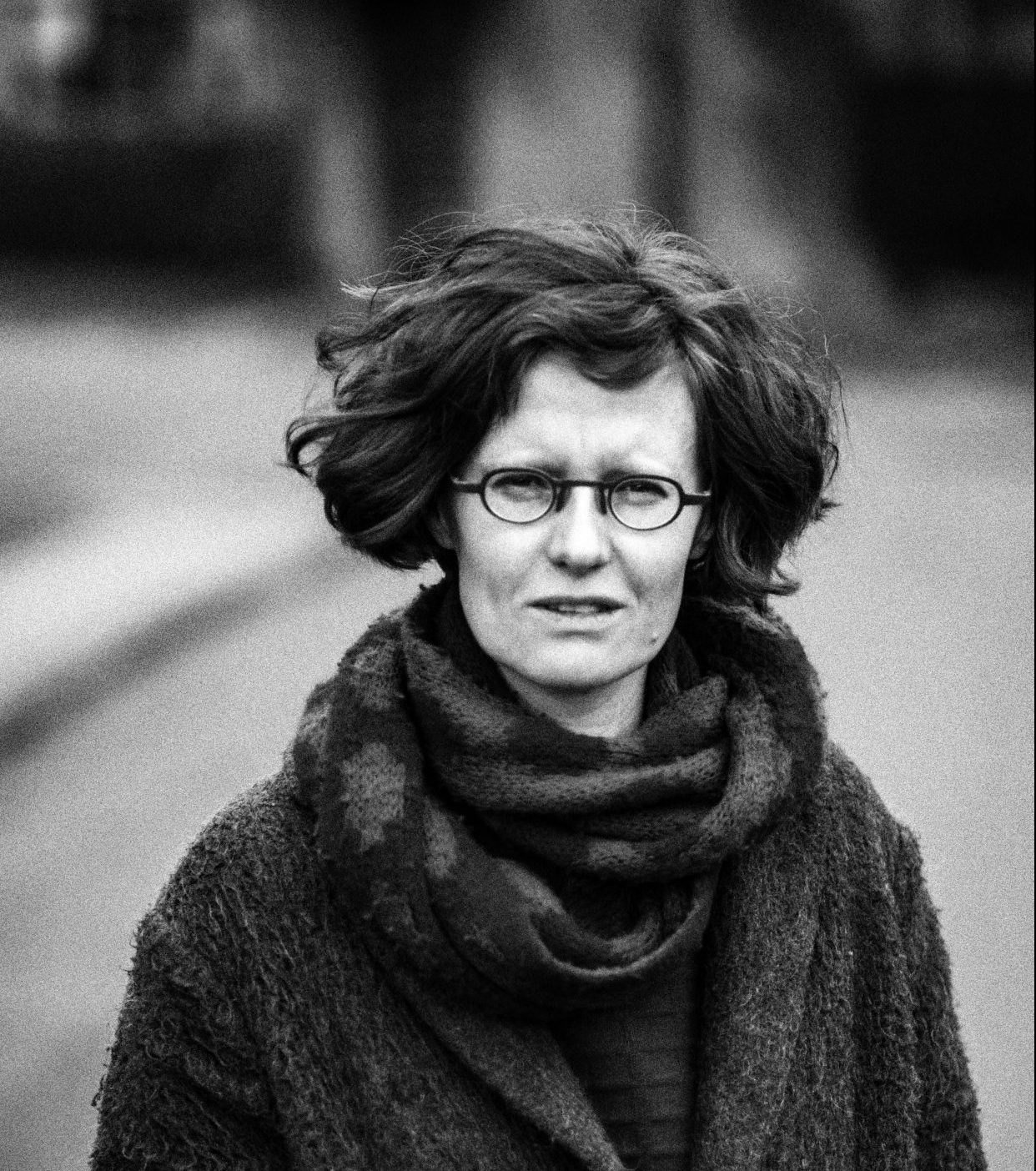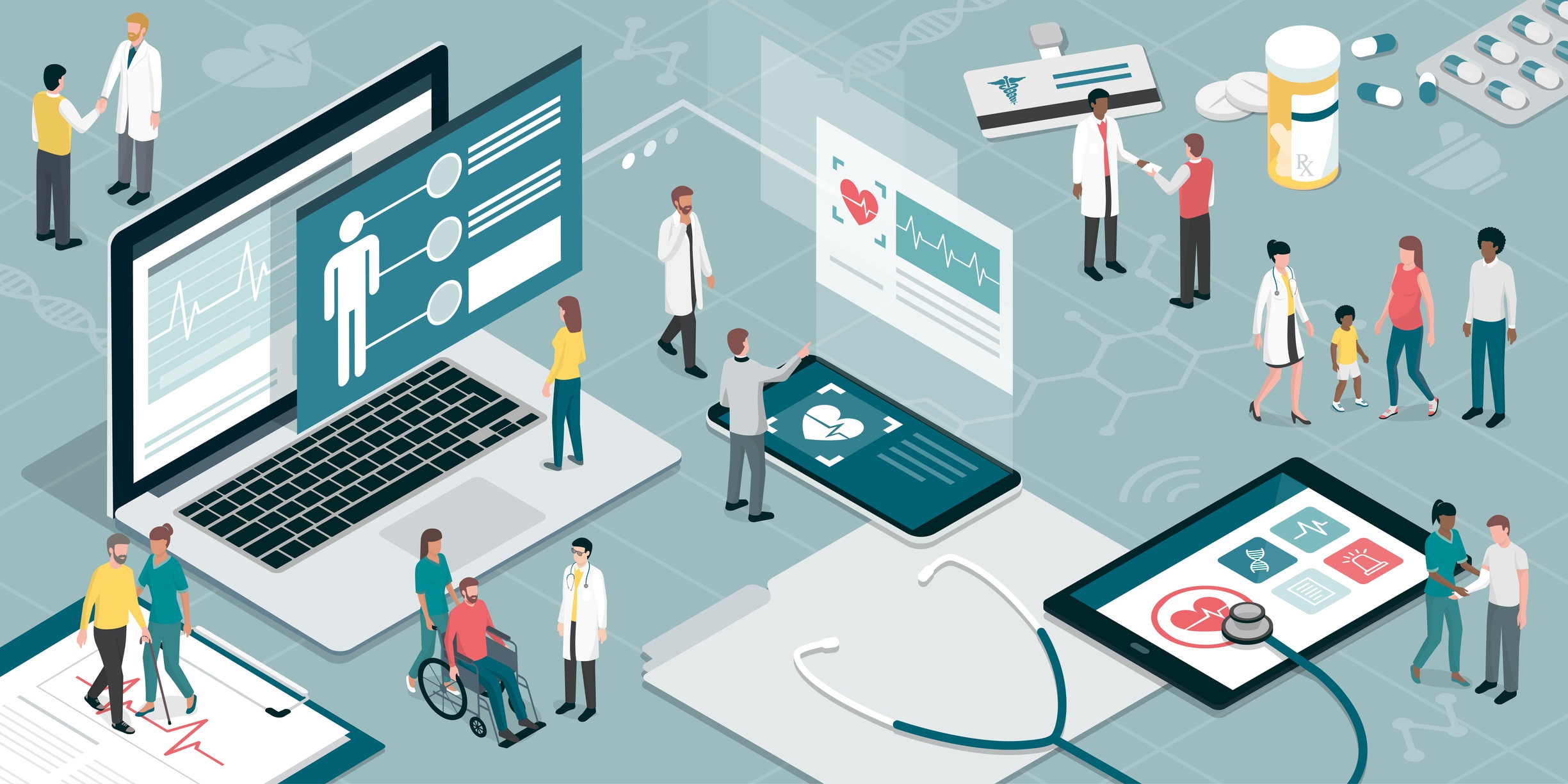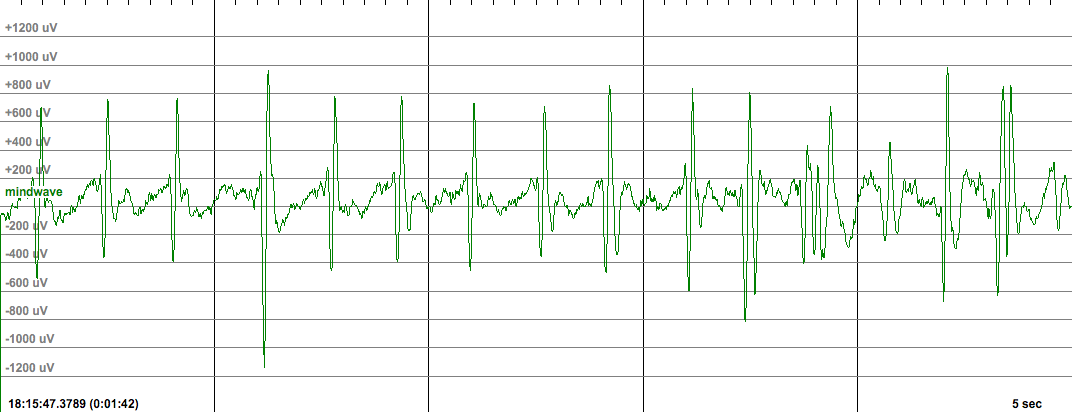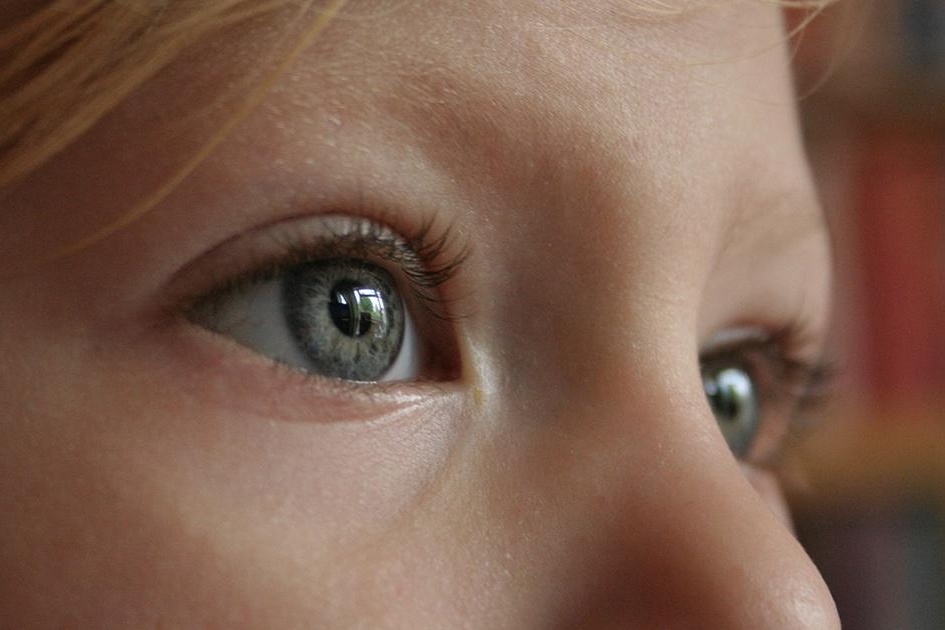Do you remember the 1990s? At that time the main reasons for having a mobile phone were calling, texting, and playing Snake. Today, we use our phone to track our diet, to measure our heart rate, and to plan our rehabilitation. Our international sales and community manager, Hogne, dives into the topic of ‘Mobile Health’.
Topics: epihunter, artificial intelligence, health care, mhealth, personalised care, digital health, smartphone
Interview with Stefanie De Jonghe
Childhood epilepsy has a huge impact on daily family life. It also challenges your feelings as a parent. Stefanie De Jonghe, chairperson of Steunpunt Kinderepilepsie - a Flemish non-profit organisation focused on childhood epilepsy - knows what she’s talking about. Six years ago her daughter, Lenie, was diagnosed with a severe form of epilepsy. Stefanie gives us an honest and touching account of her daily family life and tells us more about the Steunpunt Kinderepilepsie’s mission and activities.
Topics: absence, epilepsy, unsteady agenda, uncertainty, impact on family, support, living with epilepsy, familiy, support group, awareness
No other child is as beautiful as your own, that's for sure. Epilepsy doesn't change that. But that doesn't stop comparisons being drawn between friends and classmates and this at times can lead to difficult realisations. Suzanne, Machteld, Krist, and Peggy share their story.
Topics: absence, epilepsy, living with epilepsy, awareness, confrontations, school, class
Epihunter as a promising Health Tech solutions provider
About 4 months ago Epihunter won the Jury award for Innovation at Health&Care 2018. End of June we presented our solution at the Healthtech Summit in Lausanne after being nominated by industry as one of the 40 most promising health tech startups in Europe. All this is linked to our mission to create digital solutions to make epilepsy matter less, and to our belief that current digital technologies can create a massive impact on the daily life of people with epilepsy.
Topics: epihunter, deep learning, machine learning, artificial intelligence, health care
Life is filled with beautiful moments. The nice experiences, the good memories. Absence epilepsy does not change that. Life however sometimes entails darker periods. Hard times, the difficult situations and confrontations. And yes, the latter ones may occur more often due to the disorder. That is why it is incredibly important for a parent to take time for oneself, some “me-time”. Accept outside help, share your concerns, grant yourself a little extra. All without any feeling of guilt. Self-care is essential to make life with absence epilepsy bearable. Some parents testify, read their stories below.
Topics: absence, epilepsy, self-care, stressful, self-awareness, support, living with epilepsy, familiy, support group, awareness
Absence epilepsy affects everyday life on every level. Though many of us try to meet it with optimism, there is always that fear and anxiety. You make the most of every day, but never without precautions and a solid portion of routines. Below you can read how some parents approach the uncertainty that comes with absence seizures.
Topics: absence, future, life questions, unsteady agenda, uncertainty, unpredictable, impact on family
We sometimes call our brains "our computer". The comparison is striking. Our brains also consist of many cells (neurons) that are connected to numerous cables (axons). These cables allow the brain cells to communicate with each other. They send out signals. In case of epileptic seizures, this communication is disrupted.
EEG technology maps out this disruption. How exactly this happens seems to be very complex. In this blog, our technology expert, Dirk Loeckx, explains it clearly to you.
Clarity for better diagnosis and therapy
In 2017 the International League against Epilepsy (ILAE) published a new classification of epileptic seizure types. Prof. dr. Lieven Lagae, pediatric neurologist at UZ Gasthuisberg and Chairman of the European Pediatric Neurology Society, highlights the importance of the new classification and clarifies what is truly "new".
Topics: absence, seizure, epilepsy, neurologist, seizure type, diagnosis, treatment, motor onset, focal onset
As a big brother, Frederik can cope with Ine’s epilepsy. He is very responsible and caring. If the family goes on a trip, he is the one who asks: "Mom, did you not forget Ines pills?" - "As if that’s the concern of a thirteen-year-old" - sighs his mother, Karen.
Topics: absence, seizure, children, future, life questions, unsteady agenda, uncertainty, unpredictable, impact on family
Lieve, Sofie’s mother, is a speech therapist. In her practice, she’s sometimes confronted with epilepsy. She’s familiar with the symptoms. Hence, when Sofie, as a two year old, cut herself out more and more, Lieve suspected something was wrong.
Topics: absence, testimonials, parents, imaging










